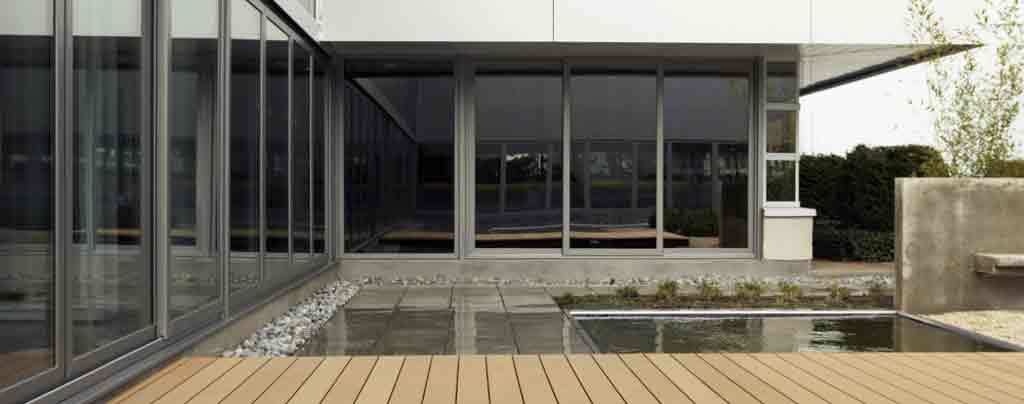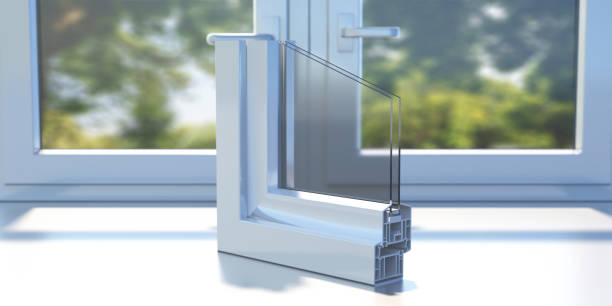All Categories
Featured
Table of Contents
How Does Double Glazing Keep Heat Out? in Maida Vale WA
Laminated glass is typically used in locations in the home most vulnerable to injury from human effect such as restrooms, doors, around staircases and in locations near the floor (it satisfies the requirements of 'shatterproof glass' that is mandated for usage in these locations by Australian Basic AS 1288 Glass in structures).
Toughened glass has actually been 'tempered' by being reheated and rapidly cooled once again. This process makes it much stronger than basic glass it can withstand higher effect loads before breaking. It also makes it more secure because, when it does shatter, it gets into many small cubic pieces rather than harmful fragments.
Glass Selector - Custom Single & Double Glazed ... in Cooloongu Western Australia
Toughened glass has no thermal or acoustic benefits over other glass of the same toning or density. Secondary glazing is where single-glazed windows are retrofitted with a transparent acrylic or glass sheet attached to the within of the frame or openable sash with a secondary frame or with magnetic strips.


Secondary glazing will not carry out too thermally as a made IGU, because it is difficult to totally seal the boundary, but it can supply excellent sound control. Window films are a thin polymer movie including a soaking up dye or reflective metal layer, with an adhesive support. They stay with your glazing to alter its colour or make it reflective.
Does Double Glazing Keep Heat Out in Canning Vale Perth
Applied to existing glass, some window films can halve the general SHGC of the window by taking in and/or showing solar radiation. This can be especially useful in hotter climates where cooling is the main issue, or on east and west elevations directly exposed to extended periods of sunlight. Nevertheless, window films may likewise minimize noticeable light transmittance.

For this factor, it is typically best to use an accredited installer of window film. Frames have a considerable effect on the thermal efficiency of windows and doors, because energy can be gotten and lost through the frame, along with through the glass. Different kinds of frame will enable various levels of heat gain and loss, so cautious choice of frame is necessary for efficient passive design.
Double Glazed Windows: A Complete Guide in Ballajura Perth
Aluminium is also a really great conductor of heat and will decrease the insulating worth of a glazing system, unless particularly engineered to minimize this. A 'thermally broken' frame is made up of 2 aluminium sections linked by a structural insulator (generally a low-conductivity structural polymer). This 'breaks' the thermal connection through the aluminium and lowers the heat streaming through the frame.
Wood frames are a good natural insulator that can suit some home designs. Wood frames need to be made from species that have naturally high resilience or be treated to avoid decay and contortion.
Solace Creations: Home in Bull Creek Perth
This can result in spaces that permit air seepage unless excellent draught sealing (weather condition stripping) is set up. u, PVC is a type of plastic (unplasticised polyvinyl chloride, likewise called stiff PVC). u, PVC frames offer outstanding thermal efficiency, frequently much better than timber or thermally damaged aluminium. u, PVC is long enduring and requires very little upkeep, and can be moulded into intricate profiles that offer excellent air seals.
u, PVC doors and windows have outstanding thermal performance Picture: Ben Wrigley (Light House Architecture and Science) Composite frames utilize aluminium profiles on the external sections with either a timber or u, PVC inner section. These integrate the low maintenance and toughness of aluminium with much enhanced thermal performance.
Table of Contents
Latest Posts
Double Glazing Vs. Triple Glazing: Which Is Worth It? in Koondoola WA
Fitting A Cabin In Your Garden? Get Double Glazing Fitted Too in Churchlands Western Australia
Why Should You Have Double-glazed Windows This Summer? in Stirling Perth
More
Latest Posts
Double Glazing Vs. Triple Glazing: Which Is Worth It? in Koondoola WA
Fitting A Cabin In Your Garden? Get Double Glazing Fitted Too in Churchlands Western Australia
Why Should You Have Double-glazed Windows This Summer? in Stirling Perth